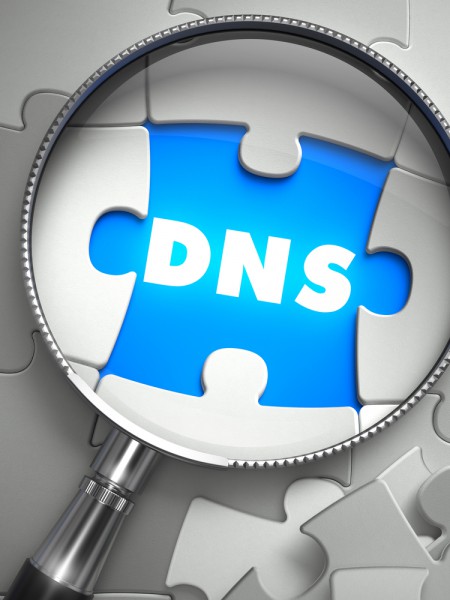DNS amplification attacks increase 1,000 percent

The second quarter of 2019 saw DNS amplification DDoS attacks up more than 1,000 percent over the same period last year according to the latest threat report from Nexusguard.
Nexusguard researchers attribute Domain Name System Security Extensions (DNSSEC) with fueling the new wave of DNS amplification attacks, which accounted for more than 65 percent of the attacks last quarter according to the team's evaluation of thousands of worldwide DDoS attacks.
DNSSEC is designed to protect applications from using forged or manipulated DNS data, however, the extra security DNSSEC provides relies on a resource-intensive data verification process using public keys and digital signatures. While intended to be a patch to DNS poisoning, DNSSEC has had the unintended consequence of creating yet another DDoS vulnerability
The growing adoption of DNSSEC technology though suggests that DNS amplification risks won't disappear for service providers or enterprise networks anytime soon.
Among those falling victim to DNS abuses are PayPal and multiple government domains. When blocking DNS amplification attacks, it's not realistic to drop all DNS associated traffic, since users rely on DNS services to access the internet, and the tactic could deny service to legitimate customers. Nexusguard researchers warn that service providers must ensure their attack mitigation technology is advanced enough to ensure server availability to bona fide end users, to ensure their access doesn’t become collateral damage.
"Although the adoption of DNSSEC is gaining wider acceptance as the patch for fixing DNS cache poisoning, it is now causing a new set of problems for organizations and service providers," says Juniman Kasman, chief technology officer for Nexusguard. "Due to the long responses they generate, attackers often abuse DNSSEC to launch amplification attacks that clog victim networks and hosts, which will remain a significant threat in the future."
You can find out more in the full Q2 2019 Threat Report available from the Nexusguard site.
Image Credit: Tashatuvango / Shutterstock
